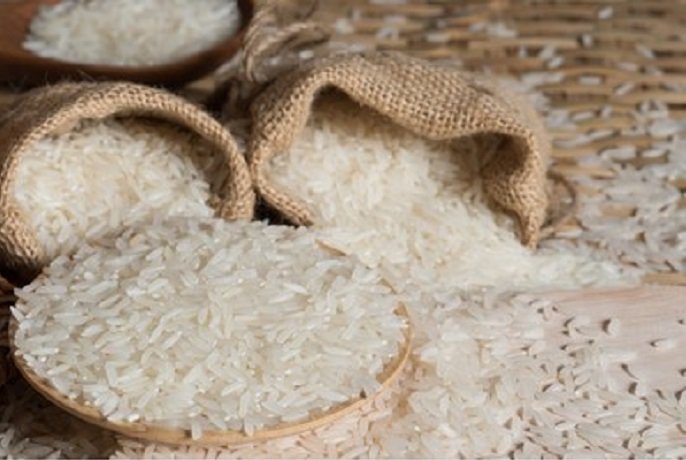India has surplus grain stock for next one year: Food Secretary
India would have stocks of 80 LMT of wheat, well above the minimum requirement of 75 LMT
India has a comfortable food situation with an overall surplus availability of grains and stocks expected to be higher than the minimum requirement for the next one year, Secretary, Department of Food and Public Distribution (DFPD), Sudhanshu Pandey, said.
Addressing a press conference in New Delhi Pandey said that after meeting the requirement of welfare schemes in the year ahead, on April 1, 2023, India would have stocks of 80 LMT of wheat, well above the minimum requirement of 75 LMT. India would have surplus wheat even though production was expected to 1050 LMT, slightly lower than the initial estimate of 1110 LMT in FY 23.
Pandey said that due to higher market prices, a large quantity of wheat was being bought by traders at a higher rate than MSP (Minimum Support Price), which was good for the farmers. “This year due to an increase in market prices and higher demand by the private players both for the domestic as well as export purposes, the purchase by the government agency is less. But that goes in favour of the farmers. Farmers are getting a good price for the wheat,” the secretary said.
The Secretary underlined the surplus availability of rice as well. He said, “Our rice procurement last year was about 600 LMT and this year same figure is expected. Our annual requirement for NFSA is roughly about 350 LMT. So, we are in a surplus situation.”
He added that from next year, fortified rice will be distributed to the entire Public Distribution System (PDS) and with surplus rice stocks we are in a comfortable situation.
Pandey also talked about the reallocation order under which 55 LMT additional Rice has been allocated in place of wheat in PMGKY. He said that this was done after extensive consultation will all States/UTs in two steps- firstly, the General Manager of Food Corporation of India (FCI) consulted various State authorities. In the second step, at the Ministry level, the PD (Public Distribution) division responsible for PDS in the country, consulted with States/UTs.
Talking about the wheat exports, Pandey said that till now 40 LMT of wheat has been contracted for export and about 11 LMT has been exported in April 2022. He informed that after Egypt, Turkey had also approved the import of Indian wheat. Pandey said that from June, wheat from Argentina and Australia would start arriving in the international markets, so this was the opportune time for exporters to sell wheat in the international markets.
Pandey also clarified that the edible oil stocks were sufficient in the country and after a temporary ban by Indonesia, the palm oil imports were expected to start soon and this would soften the edible oil prices in the country.
India would have stocks of 80 LMT










